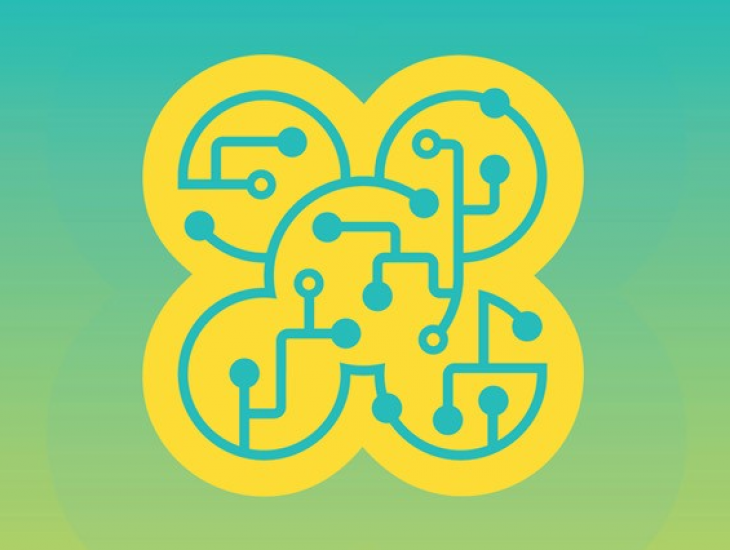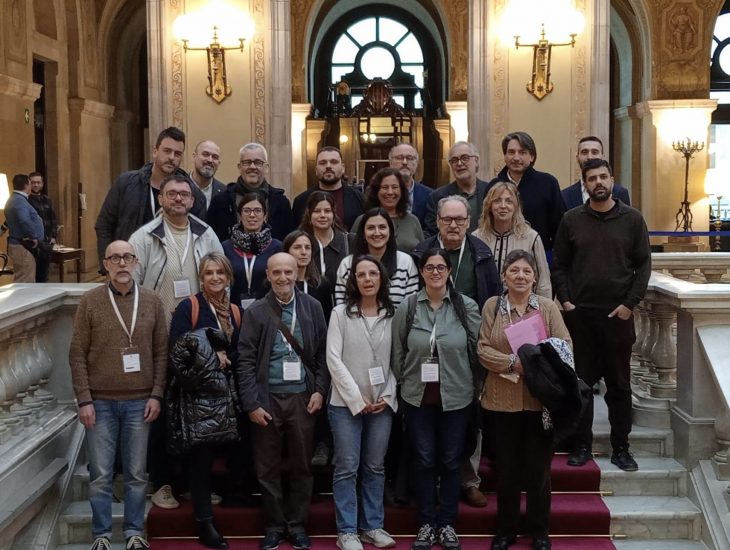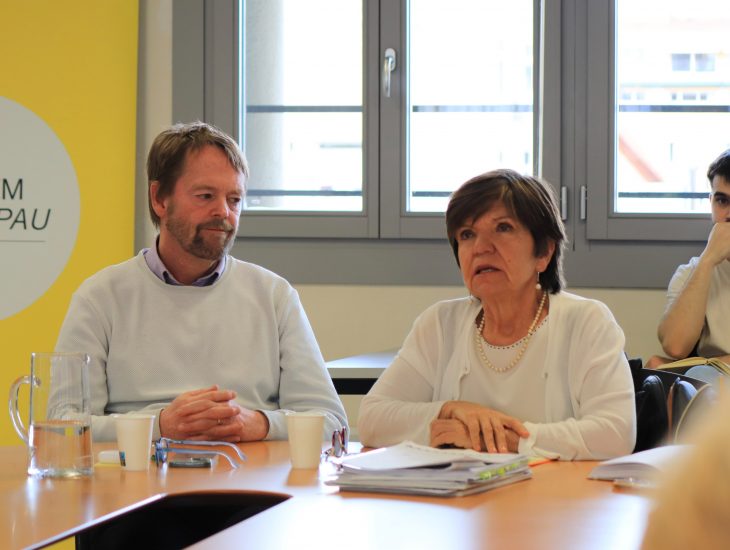The International Catalan Institute for Peace (ICIP) and the Permanent Social Forum of the Basque Country promoted the meeting that took place this afternoon in the Parliament of Catalonia between a delegation of Catalan and Basque victims and representatives of various parliamentary groups. The objective of this meeting was to draw attention to the plurality of victims of all forms of terrorism, and the need for both stronger institutional support and an equal recognition of all victims.
On the part of the delegation of victims, participants included Rosa Lluch, daughter of Ernest Lluch, a politician assassinated by ETA; Rosa Maria Cabré, daughter of one of the people killed by ETA in the Hipercor car bomb attack; Roberto Manrique, injured in the same Hipercor bombing; Axun Lasa, victim of torture and sister of Joxean Lasa, murdered by GAL; and Andoni Txasko, victim of the events that took place in Vitoria on 3 March 1976 as part of a union strike, during which five of his colleagues died and he lost an eye after a police beating.
Participating on the part of the parliamentary groups, were Josep Maria Forné (Junts per Catalunya), José Rordíguez (ERC), Esther Niubó (PSC), Marc Parés (Catalunya en Comú-Podem) and Carles Riera (CUP). ICIP president Xavier Masllorens, ICIP director Kristian Herbolzheimer and Social Forum coordinator Agus Hernán were also present at the meeting.
The victims informed the political representatives of the need to publicly recognize all the victims of the Basque conflict: not only those of ETA, but also the victims of GAL and the police forces. They also wanted to underscore their “ideological diversity,” and criticized the use of the pain of the victims as a bone of contention between political parties. “We are sick and tired of people who speak on behalf of the victims without asking us for our opinion,” said Roberto Manrique.
Andoni Txasko lamented that the State obstructs the recognition of the truth and the rights of all victims and stated that “victims of state violence will continue to fight to achieve the same recognition and consideration as the other victims.”
For her part, Rosa Lluch defended the need for all victims to be heard and stated that “as victims of ETA we have the obligation to facilitate the discourse of the other victims” so that everyone can enjoy the same recognition on the part of the State. “It is very important for me to be sitting here today next to a victim of GAL,” she added, a sentiment shared by the other delegation members.
In her speech, Axun Lasa defended the need to name the victims of the State and to refer to the victims of torture as such, and not as victims of police abuse.
All the victims highlighted the “liberating” and “reassuring” effect resulting from meeting victims of other types of violence.
Institutional statement
The meeting allowed for the delegation of victims to transmit to the parliamentary groups their desire for the Parliament of Catalonia to adopt an institutional statement recognizing all victims, along the lines of the Declaration for Peace in the Basque Country, approved just one year ago by the Barcelona City Council. At the same time, a request was made for Parliament to promote the creation of an office to assist the victims of the various forms of terrorism experienced in Catalonia.
For their part, the parliamentary group representatives expressed empathy for the pain of the victims and highlighted the moral value of their joint testimony at a time of strong political polarization. They also expressed their commitment to working to achieve the necessary consensus in the Catalan chamber in order to approve an institutional declaration of recognition of all victims.
On Tuesday 2 July, at 6:30 pm, the delegation of victims will participate in the public event entitled “Listen to us to coexist: Dialogues between victims of ETA and of the State” at the Association of Journalists of Catalonia.
01.01.2019



